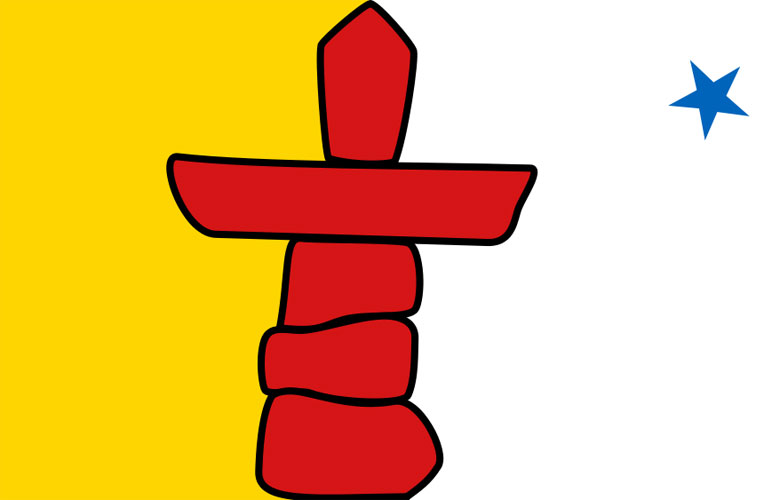Nunavut signs pan-Canadian climate change accord

Nunavut has signed on to a new pan-Canadian agreement on climate change but its support hinges on “fair and proportional” implementation of carbon pricing measures for the territory.
Canada’s premiers emerged from a Dec. 9 meeting with the Pan-Canadian Framework for Clean Growth and Climate Change, designed to help the country move towards its target to be 90-percent clean energy-powered by 2030.
A major sticking point for many jurisdictions is Prime Minister Justin Trudeau’s plans to implement carbon pricing. That’s a scheme that obligates provinces and territories to place a surcharge or levy on carbon-based fuel starting in 2018.
Nunavut Premier Peter Taptuna said the territory supports the plan, but can’t go it alone.
“We are committed to working with Canada to invest in clean technology, and facilitate adaptation and mitigation on multiple fronts,” Taptuna said in a statement following the Dec. 9 summit.
“But with our economies of scale, we simply cannot do this alone. Canada has committed to working with us to ensure Nunavut can adequately address climate change together.”
The framework says both the Government of Nunavut and federal government will “work together to assess the implications of carbon pricing in Canada on the cost of living in Nunavut.”
The framework indicates that all of the revenues from carbon pricing will be retained by the territory.
Looking ahead, the framework also commits Nunavut and Ottawa to studying hybrid power generation and a retrofit program to promote energy efficiency in both public and private housing.
But Trudeau has committed to hosting separate climate talks with Inuit, Métis and First Nations groups, to respond to other Indigenous-specific concerns.
“As our nation rebuilds its relations with Indigenous Peoples, we urge Canada to look carefully at Nunavut and work closely with us, as we are very much on par, economically and socio-economically with developing countries,” Taptuna said.
“Currently, we have no alternatives to fossil fuels and it is extremely costly to do business in Nunavut.”
Taptuna noted that Nunavut is among the hardest-hit as global temperatures rise.
“Nunavut’s arctic environment is at the forefront of climate change,” he said in the Dec.9 statement.
“Because our weather, ecosystems, sea ice and permafrost are extremely sensitive to fluctuations in temperature, climate change has significant impacts on our traditional way of life.”
Inuit Tapiriit Kanatami said Dec. 9 that the national Inuit organization is “pleased with the Pan-Canadian Framework finalized today and we look forward to working with Prime Minister Justin Trudeau on the next steps of the engagement process.”
As the meeting came to a close Dec. 9, only 11 of 13 provinces and territories had signed on to the agreement; Saskatchewan premier Brad Wall refused to sign, in opposition to carbon pricing while Manitoba premier Brian Pallister says he’s first waiting on a health care funding deal.
You can read the full framework here.